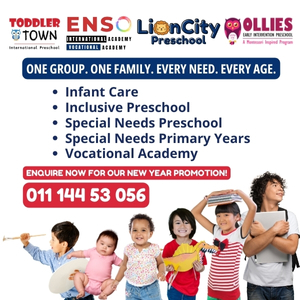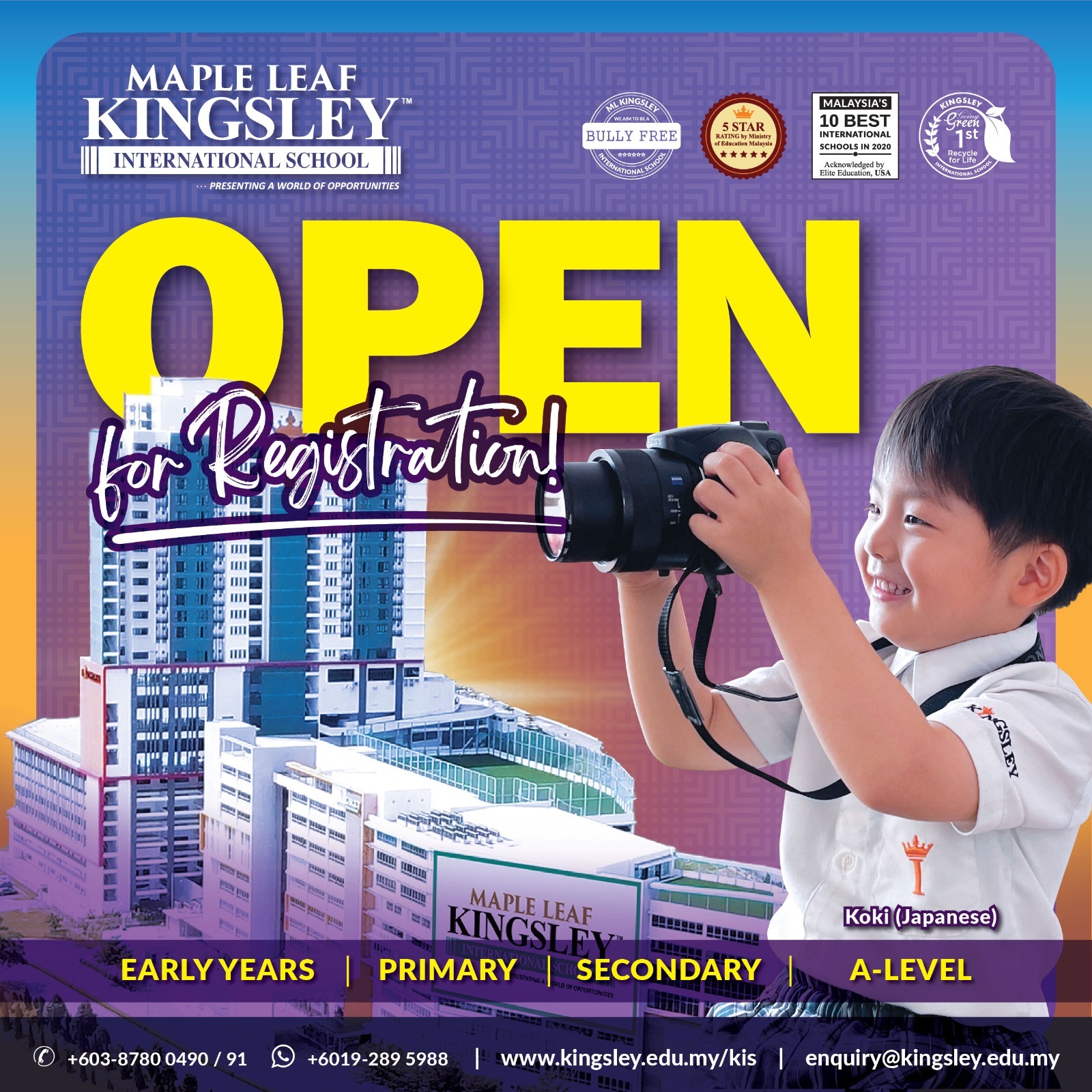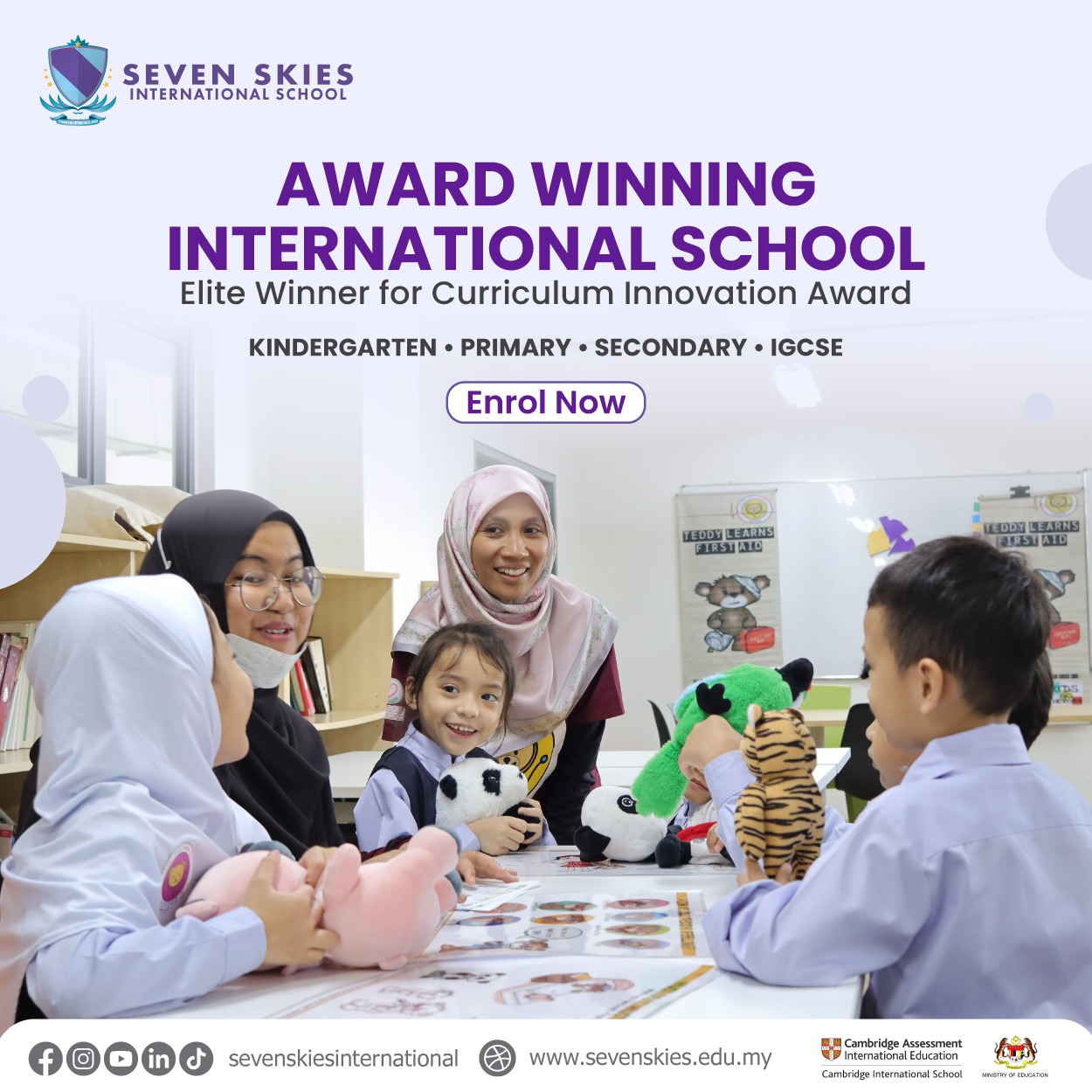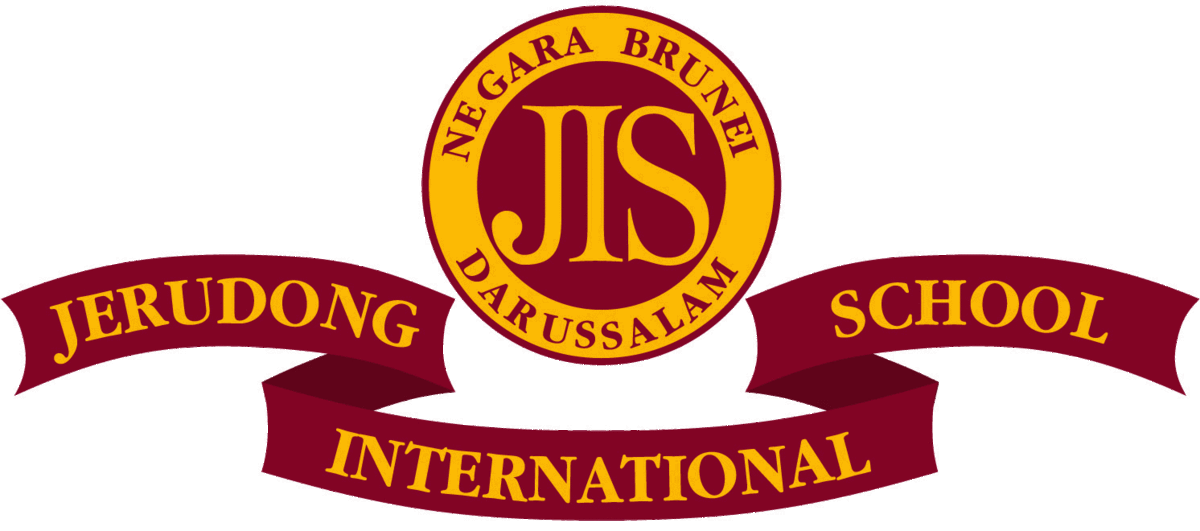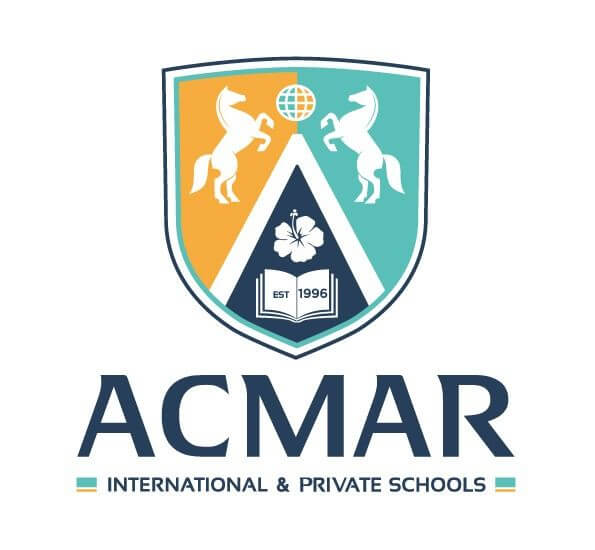What's the best way to go about choosing a preschool for your child? In Part 1 of this Preschool Primer for Parents series, we gave you advice on how to determine if your child is ready to attend preschool. Once you have decided that the time is right, you will need to select a suitable preschool for your child. The main factors that parents consider when choosing a preschool are similar to those factors that they consider when choosing a primary or secondary school for an older child. There are, however, some additional factors that are specifically pertinent to the preschool selection process. Before choosing a preschool, parents should consider the following factors:

- Preschool or childcare? What is your purpose for sending your child to an institution? Is it for educational purposes or social interaction? If it’s primarily for the latter reason, then a childcare facility may be more appropriate for your child.
- Which educational philosophy do you prefer? Montessori, Waldorf, International Preschool Curriculum, religious, or other? This article provides an excellent overview of the various preschool curriculum options available in Malaysia.
- Class size and teacher to child ratio - smaller classes and higher teacher-to-child ratios typically provide greater benefits to preschoolers.
- Staff qualifications – do the teachers have training in early childhood education? If there are assistant teachers, what are their qualifications?
- Quality of teachers – do the teachers enjoy working with young children? Young children require a different sort of handling compared to older children. How capable and motivated are the teachers at the preschools you are considering?
- Staff turnover – a high turnover of teachers is not a good sign in any school, but this factor is even more critical for preschools because staff changes can be particular upsetting for younger children.
- Facilities – what type of environment and amenities does the school offer? Does the school have facilities for music, art, sports and other extra-curricular activities? What are the safety features in place? Are there outdoor playground facilities? Many preschools are located in shop lots without outdoor playground facilities.
- Support system – what are the programs available for children with special needs?
- Travel distance – as it can be difficult to travel long distances on a daily basis with a young child, it may not be worthwhile to choose a school that is too far from home even if it is a good one.
- School food or home food? Does the school provide food for the children? Is there an option for your child to pack food from home if your child is a picky eater or has food allergies?
- How many hours a day are the children at school? Some preschools offer full-day programs to accommodate working parents. Is there an option for part time or full time - 3 days a week or 5 days? Younger children may be more comfortable starting with 3 days a week as a transition period.
- Teaching of life skills – will the school help with your child’s potty training, and skills such as self-dressing, self-feeding, learning to tie shoe-laces, as well as the development of social skills?
- What are the expectations of parent involvement in school activities?
- What disciplinary methods does the school employ? For young children, consistency is important and it may be worth checking if the school’s disciplinary methods are in line with your own.
You may also want to bring your child along with you when you visit the school to see how your child responds to the school environment. Preschool will most likely be your child's first educational experience, and will have a significant impact on shaping who he or she is as a learner. Make sure you take the time to thoroughly research preschools you are considering and think about which one would be best for your child before making a decision on which school to send your child to.















